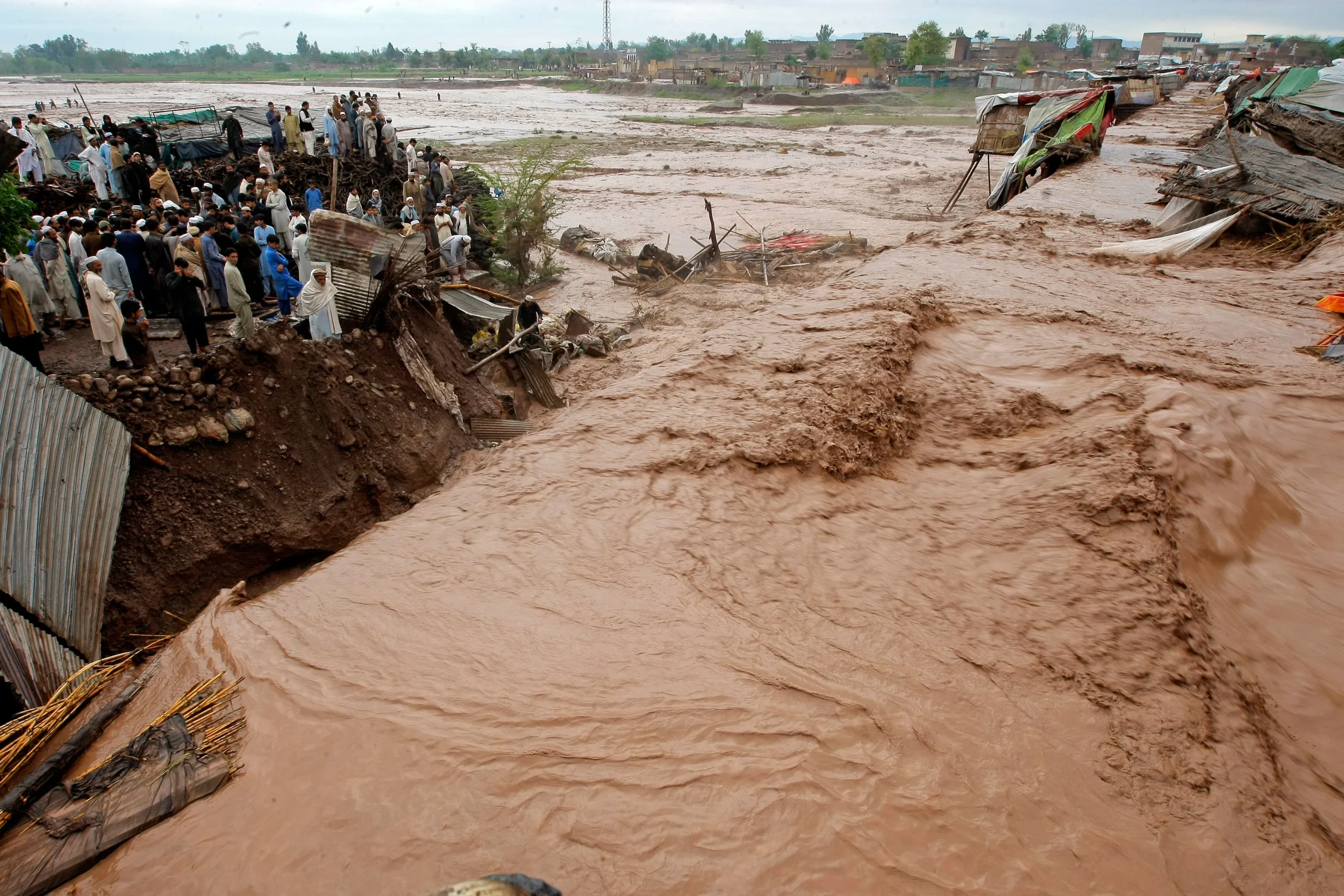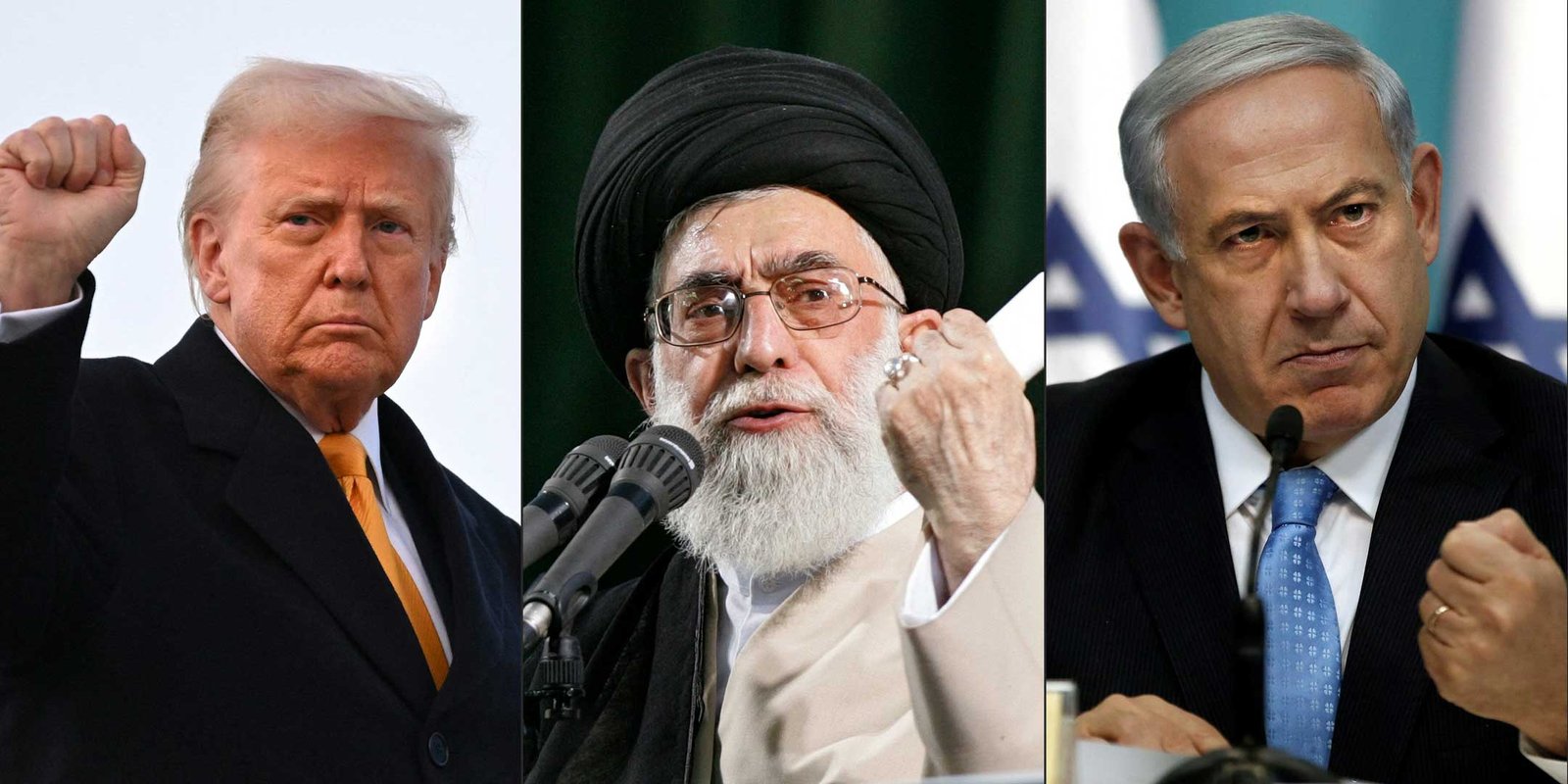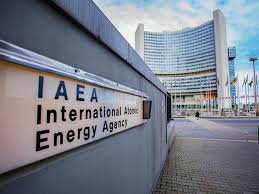Editorial
The recent conflict between Pakistan and India has taken an unexpected turn—into the world of tourism. In an emotionally charged reaction, many Indian tourists are reportedly cancelling holidays in Turkiye and Azerbaijan after the two countries expressed diplomatic support for Pakistan during the standoff. According to two travel booking platforms, the backlash is having a noticeable effect on tourism patterns, turning international relations into a personal consumer decision.
This development reflects the increasingly volatile intersection of geopolitics and public sentiment. While nations are entitled to form diplomatic positions based on their strategic interests, the spillover into everyday consumer behavior is a worrying sign of deepening polarization. It also speaks to how quickly nationalism can be weaponized in times of crisis, where even neutral industries like tourism can become arenas of protest.
The underlying context remains tense. Relations between India and Pakistan deteriorated sharply after a deadly attack in Indian Illegally Occupied Jammu and Kashmir (IIOJK), which New Delhi blamed on Islamabad. Though Pakistan denied any involvement, India responded with cross-border strikes, escalating hostilities. While a ceasefire was eventually brokered, the distrust remains palpable.
Turkiye and Azerbaijan’s support for Pakistan is not new and aligns with longstanding historical and religious ties. However, India’s strong economic leverage has allowed domestic sentiment to pressure foreign relationships in subtle ways—like through tourism choices. The politicization of tourism, though symbolic, reflects a broader trend where diplomacy, nationalism, and consumer behavior are becoming tightly intertwined.
Such reactive boycotts may offer a momentary sense of solidarity, but they risk deepening diplomatic divides in the long run. Constructive engagement—not economic retaliation—should be the way forward. In a globalized world, isolating allies over singular policy disagreements only limits opportunities for dialogue and mutual understanding.

















